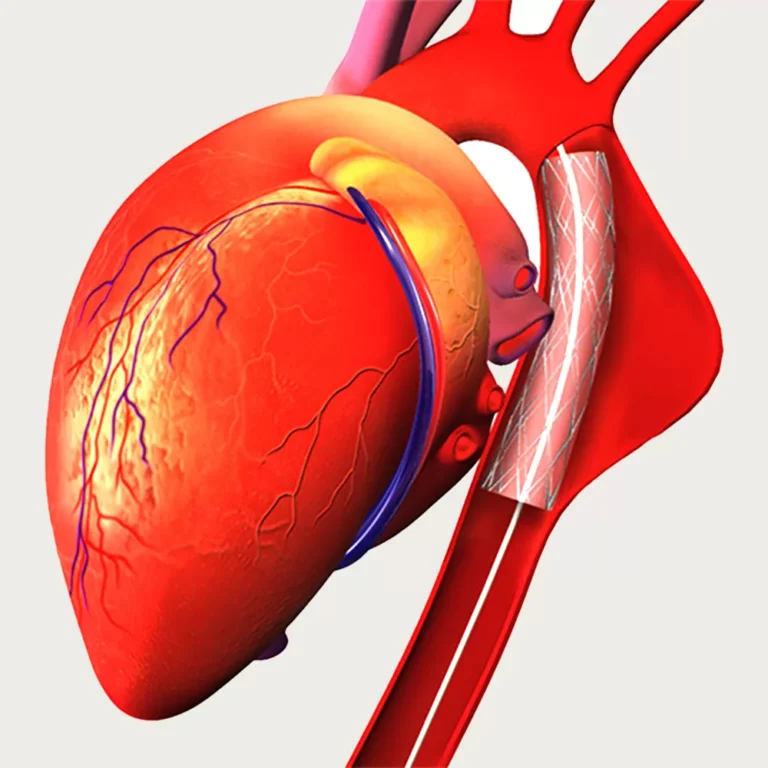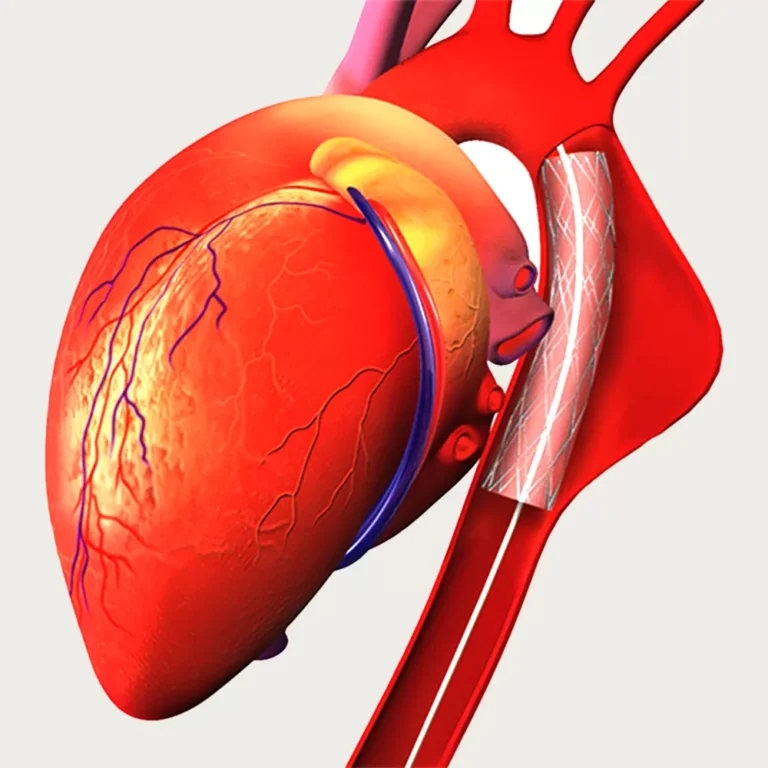How Does a Cardiologist Help With Heart Health?

Cardiology focuses on the study, prevention, and treatment of heart-related conditions, making it central to maintaining cardiovascular health. Cardiologists assess risk factors such as high blood pressure, cholesterol, and family history to provide personalized guidance. Regular cardiology checkups help identify early warning signs of heart disease before serious complications develop. Patients receive advice on lifestyle adjustments, including diet, exercise, and stress management, which support long-term heart health. Monitoring through diagnostic tests allows cardiologists to track changes in heart function and adapt recommendations accordingly. By taking a proactive approach, cardiology empowers patients to make informed decisions about their well-being. Strong heart health supports overall energy, productivity, and quality of life.
How Do Cardiologists Diagnose Heart Conditions?
Cardiologists use a range of diagnostic tools to evaluate heart health and detect issues early. Routine exams often include checking blood pressure, pulse, and heart sounds. Imaging tests such as echocardiograms, electrocardiograms, and stress tests provide detailed insight into heart function.
Blood tests help assess cholesterol levels, inflammation, and other markers of cardiovascular risk. Patients may also undergo specialized monitoring, such as Holter monitoring, to track heart rhythms over time. Collecting this information allows cardiologists to form an accurate picture of heart health.
Early detection often prevents complications and guides the choice of appropriate interventions. By understanding the heart’s current state, patients gain clarity and direction for maintaining optimal health. Cardiologists provide individualized treatment plans that combine medical interventions with lifestyle strategies.
What Treatments and Lifestyle Guidance Do Cardiologists Offer?
Medications may be prescribed to manage blood pressure, cholesterol, or other heart-related conditions. Lifestyle guidance focuses on nutrition, exercise, and stress reduction, which work together to reduce risk factors. Cardiology specialists may also recommend structured exercise programs or referrals to dietitians for personalized plans.
Patients with more advanced conditions may require procedures or surgery, with ongoing cardiology oversight ensuring recovery and long-term stability. Education on warning signs, such as chest discomfort or shortness of breath, helps patients respond promptly to potential issues. Cardiologists act as a resource for both preventive measures and interventions when needed.
How Can Patients Maintain Heart Health Between Visits?
Maintaining heart health requires consistent habits beyond cardiology appointments. Following recommended nutrition plans, monitoring physical activity, and avoiding tobacco or excessive alcohol are key practices. Tracking blood pressure and cholesterol levels at home provides feedback on progress and helps identify changes early. Managing stress through mindfulness, meditation, or hobbies supports cardiovascular function and overall wellness. Adequate sleep and hydration also contribute to a healthier heart. Regular communication with a cardiologist allows adjustments based on evolving needs or concerns. By taking an active role, patients complement medical guidance with daily practices that strengthen heart health and support longevity.
Partner With a Cardiology for Heart Health
Cardiology offers a comprehensive approach to protecting and improving heart health. Through early detection, individualized treatment plans, and lifestyle guidance, cardiologists empower patients to reduce risks and maintain long-term cardiovascular wellness. Regular checkups create a partnership that supports both preventive care and management of existing conditions. With proper guidance, patients can make informed decisions that benefit their heart and overall quality of life. Whether seeking advice on nutrition, exercise, or monitoring concerns, partnering with a cardiologist helps make sure of a proactive path toward optimal health. Schedule a consultation today to take steps toward a stronger, healthier heart.
- What to Expect When Visiting a Foot and Ankle Specialist
- Causes of PTSD
- The Link Between Plantar Fasciitis and Weight Gain: What You Need to Know
- How Pet Ownership Can Positively Impact Life with Fibromyalgia
- The Importance of Stretching and Flexibility in Sports Medicine
Dr. Emma Green is a health and wellness expert with over 10 years of experience in nutrition and fitness. Passionate about helping others live their healthiest lives, Dr. Green shares practical advice on wellness, nutrition, and sustainable living through LivingSpristine.






